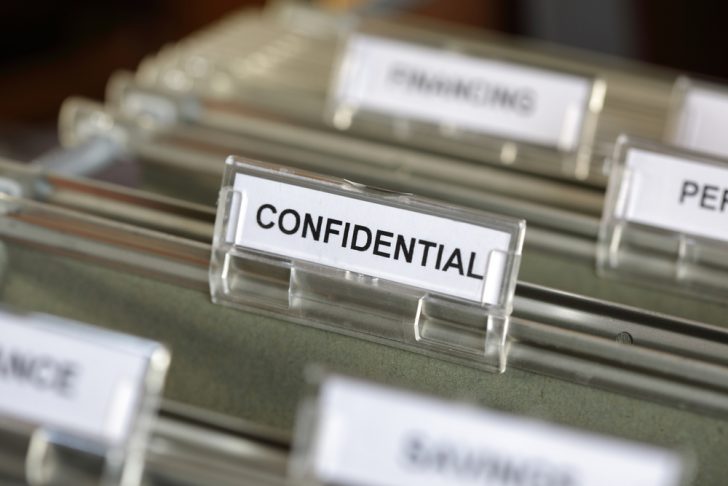Protecting privilege is of the utmost importance when your organization is caught in the midst of a cyberattack or data breach. In the aftermath of such an event, things move very quickly.
It becomes crucial that the confidential documents surfacing during the breach remain exactly that. If you try taking shortcuts for convenience’s sake, it could result badly for you in the future.

Navigating such dangerous waters can be quite difficult, especially if your business is new or if you’ve never had to deal with such a threat before. Owing to that, we’ve gathered some tips to help protect privilege in the event of a data breach.
1. Don’t Use Compromised Systems
If you’re facing a data breach, there’s a high chance your company’s IT infrastructure is compromised. Unless you’re absolutely certain that it’s not, don’t discuss anything related to the issue over the compromised network.
Threat actors can easily intercept information passed through a compromised network, which will make things worse. Alternatively, you can use an external uncompromised mode of communication such as phone calls or private email addresses for correspondence regarding the breach.
2. Consult Your Legal Counsel Immediately
You should always treat a data breach as a legal incident because it is. A breach is basically information being stolen from you without your authorization, which is definitely illegal worldwide.
As such, counsel needs to be informed, engaged, and kept updated throughout the event. If the breach is significant in nature, you might even want to get an outside litigation counsel involved right off the bat. You can always turn to your legal counsel for the best steps to take concerning the severity of your situation.

3. Control the Spread of Privileged Information
All documents, notes, or material concerning the breach should be marked “confidential and privileged”. Make sure that any privileged information is not being freely disseminated within the office as that can make things worse. In situations as such, you don’t know who is trustable, and the breach could is as much likely to be caused by an inside party as by an outside party.
Additionally, all communication concerning the breach should take place between the highest officials from the parties involved and should be copied to both inner and outer legal counsel to keep them in the loop.

To Sum It Up
A data breach or cyberattack is the fear of every organization out there, especially those that have a large user database and their confidential information stored on their servers.
As such, organizations must ensure that they do everything in their power to make sure that hacking their system is rendered impossible.




